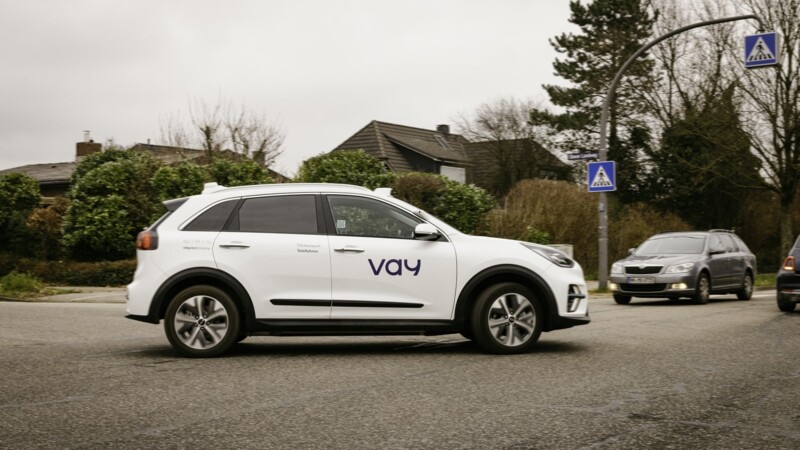Francesca Bria, Program Manager at the New Institute, remarked: "The challenge is to share data between companies, the city and the innovation ecosystem. This will provide practical insights into the collaborative use of urban data in the public interest." The findings will help democratize data governance in Europe, which is the institute's focus. Jan Pörksen, State Councillor and Head of the Senate Chancellery, stressed: "Our goal is to make all this data more usable in future and in the interest of Hamburg's citizens. We want to raise the standard of living in our city through the smart use of data.”
Applications are being accepted until March 20, 2023 for the Urban Data Challenge launched by the City of Hamburg and the New Institute to improve cycling and micro mobility flows in Hamburg, a press release said Thursday (February 23, 2023). Applicants' proposals should outline the sensible use of data sources such as a pool of data from the administration and businesses. The winners receive EUR 40,000 to fund the implementation of their proposed solution.
Smart data use to boost living standards
New insight into cycling and micro mobility
Companies, start-ups, SMEs, and scientific institutions can develop ideas and solutions in the challenge that combine existing data sets to analyse mobility in Hamburg. The focus is on cycling and micro mobility flows e.g., those of e-scooters. In addition to data from the Urban Data Platform, Hamburg is also providing the data of Bolt transport and those of IoT Venture, a developer and distributor of tracking technology. The prize-money will allow the winners to test a prototype of their idea in co-operation with the Ministry for Transport and Mobility Transition. The Senate Chancellery's Office for IT and Digitalisation and the State Office for Geoinformation and Surveying are also involved in the Urban Data Challenge.
New Hanse to advance data democracy
The contest is part of the New Hanse project launched by the City of Hamburg and the New Institute. The aim is to test approaches to data democracy and drive positive social change. To this end, concepts are to be developed to ensure the safe exchange of data between public, private and civil society stakeholders in cities.
nj/mm/pb
Sources and further information
More
Similar articles

25 hydrogen taxis now on roads across Hamburg

Hamburg's digital ship register growing longer

